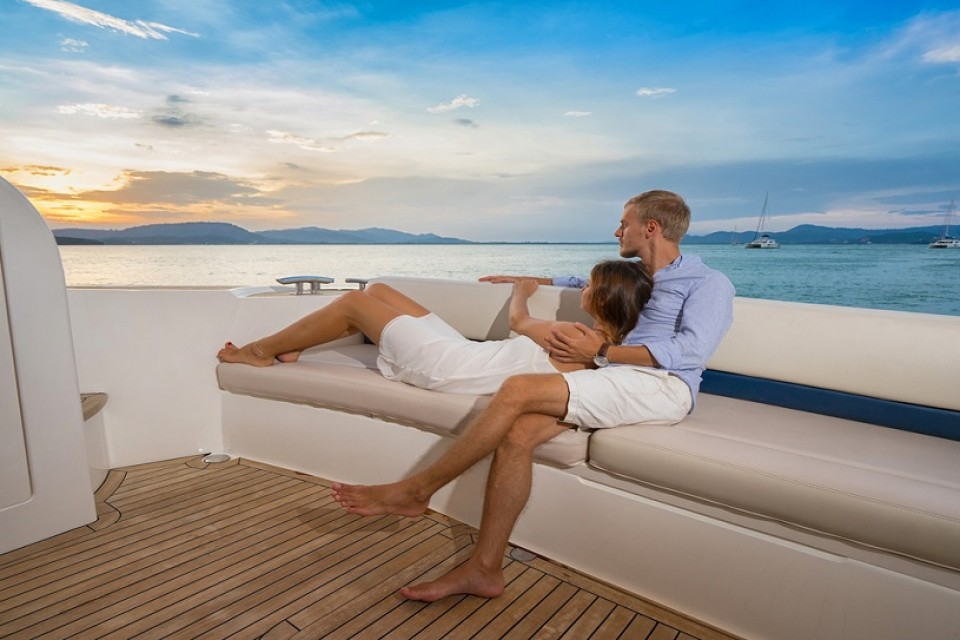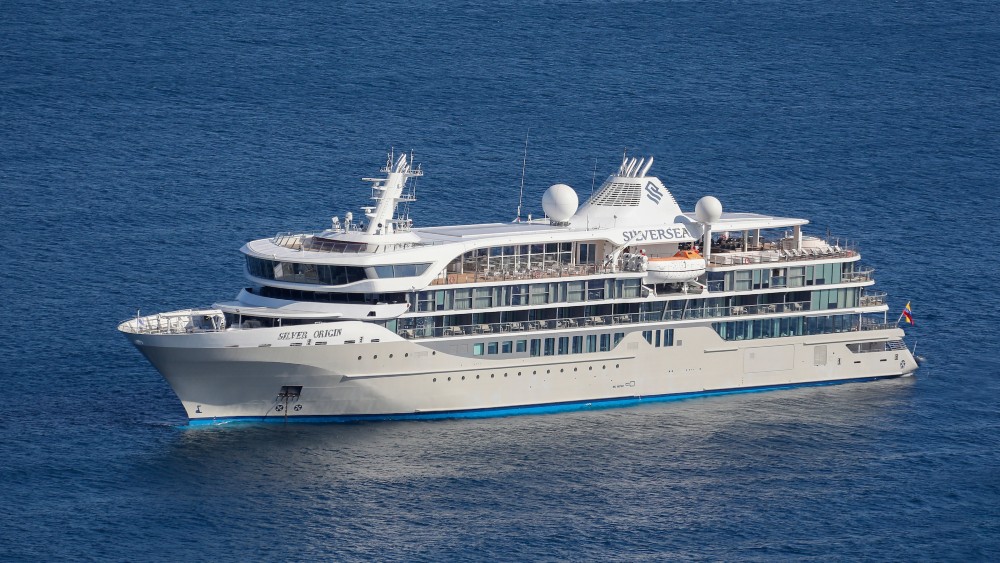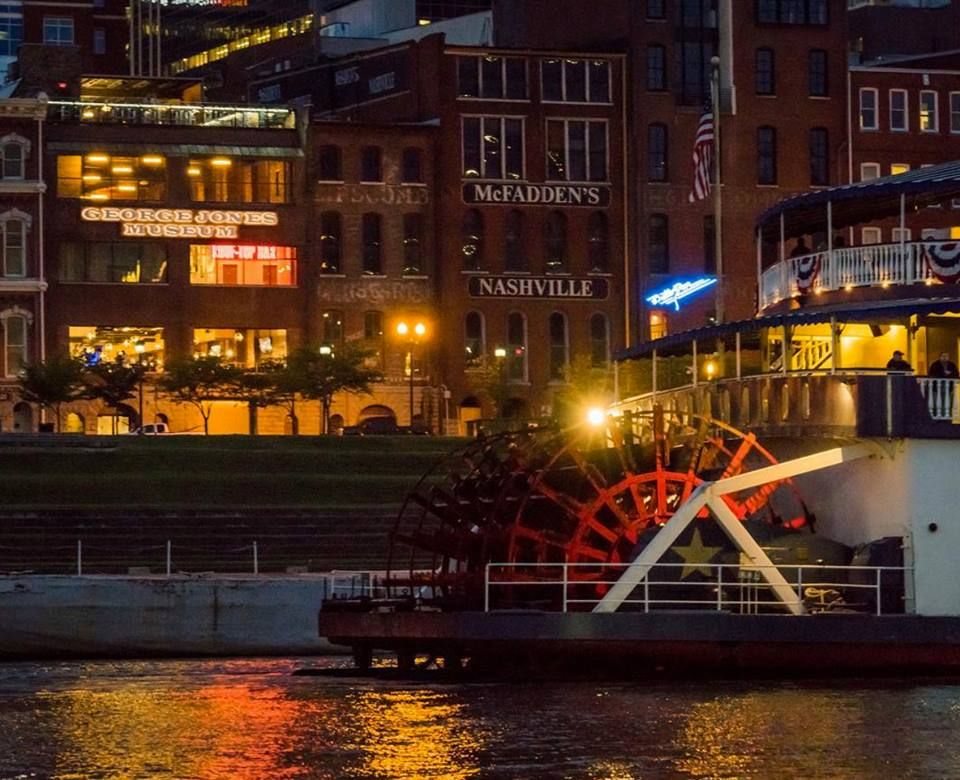
The Cruise Lines International Association (CLIA) is the world's largest cruise industry trade association. It holds more than 90 per cent of global ocean-going capacity. CLIA collaborates with its member line to ensure that the environment of cruise ships is safe, healthy, and sustainable. CLIA members, a leader of responsible tourism, are committed to offering the best vacation possible to travelers.
Members include travel agents and cruise lines from all corners of the globe, as well suppliers, ports, destinations, ports, and suppliers. They service approximately 30,000,000 passengers annually. They engage in research and training as well marketing communications to keep their customers informed about cruise cruising.
CLIA serves as a trade association worldwide, providing its members the tools and support they need. CLIA can be the voice for the industry because it combines the expertise of its executives and a strong membership network.
The cruise industry faces many challenges but it remains one the most important economic sectors of port communities. It supports almost half amillion American jobs and contributes $55B to the US' economy. This is an economic resource that continues to drive port communities throughout the world.

The technology and ventilation systems have been upgraded and high-touch surfaces have been eliminated by cruise lines. Cruise lines have made significant investments in technology and ventilation systems. For example, crew now manage buffets rather than waiters. All ships must now undergo pre-cruise testing. Many shipowners have established health protocols to ensure their passengers' safety.
The government was not forthcoming with any clarity for the cruise industry after Hurricane Maria. CLIA led a strong campaign to stand up for the industry and give it a clear message. CLIA appealed to its members to respond to the call to action by putting out a clear message. With the support from their community, they were successful in sending more than 155,000 messages for Congress.
CLIA launched the CLIA Global cruise industry Environmental Technologies and Practices Inventory to further promote the mission of the industry. This report provides a detailed analysis on the cruise ship environment. It also highlights how the industry is moving towards a more sustainable future.
CLIA published its most recent report as ocean-going member signed a new pledge to be net carbon neutral in 2050. Advanced Wastewater Treatment Systems will be used on all 16 new cruise vessels, and they will cover 81 per cent of the industry's total capacity.
CLIA is a network of more than 16,000 travel agencies throughout North America. CLIA's educational programs offer travel agents information about cruising trends including safety and security. CLIA sends an email to all new members when they sign up.

CLIA is a community of experts and resource persons who can make sure that cruises are as enjoyable and safe as possible. They include world-class cruise lines, ports, destinations, suppliers, and travel agents.
CLIA's goal in providing the highest quality cruise service is to educate the public on cruising topics. CLIA works closely with the US Department of Commerce, as well as other government agencies, to ensure the safety of the industry and its passengers.
FAQ
Can I bring my pet to the train?
Most cruise lines allow pets aboard. There are restrictions, though. First of all, you must make sure that your pet is healthy enough to travel. Pets too sick to travel should be kept away from the plane. Secondly, you cannot bring any animals on board unless they are service dogs. Service dogs can be trained to help disabled persons. You can't bring any type or dangerous animal to board.
Are there any drawbacks to cruising
There are some things that you should be aware of when considering the pros and cons of cruising. Some people may find that they don't want to spend their entire vacation on a boat. Others may prefer to be near the shore or in a resort. Others might feel uncomfortable leaving land for such a long time. However, choosing a cruise with plenty of time ashore can easily overcome these concerns.
How does cruising work?
You pay a deposit of $50-$100 when you reserve a cabin on a cruise. Your balance is due 30 days before departure. Check in at your cabin upon arrival at the port. You might then be able to take part in an onboard activity.
Where should my cruise take me?
You need to decide where you want go, if your goal is to visit different ports. You can also use this information to help narrow down your search. For example, if history is your passion, you may choose to cruise to destinations such as Alaska, Bermuda or Canada. You might be more interested in beaches and watersports if you choose to include destinations like Jamaica, Aruba or the Bahamas, Costa Rica. Panama, Hawaii, Tahiti, Tahiti, Costa Rica, Panama.
Is there anything else I should know before going on a cruise?
Before you take your first cruise, you need to know a lot of things. Remember that you'll be traveling with others. Be kind to these people, as you will never know their opinions on anything. You will be sharing your meals with strangers. Dress appropriately. Avoid wearing shorts and tank tops while on deck. Comfortable clothing is best. Keep yourself ready for extreme temperatures. Make sure you pack plenty of sunscreens. For those times when you are outside, make sure to bring a hat, sunglasses and a lightweight jacket. Remember that you are responsible. Don't drink and drive.
Statistics
- In addition, 10 to 15 percent gratuity is typically added to bar bills — for alcohol and soft drinks — and gratuities are applied to spa treatments. (cruiseline.com)
- You'll need to budget around $80 per person per day for this option – and an additional 18% gratuity. (travel.usnews.com)
- For an example of savings, Royal Caribbean offers up to a 40% discount with a dining package. (travel.usnews.com)
- You can save 15% off the total price if you book in advance of your trip. (travel.usnews.com)
External Links
How To
How do I plan my first Cruise?
Planning a cruise is just like any other trip. You need to take into account many factors such as budgeting, where to go and activities. You should be aware that there are important differences in the planning of your first cruise, especially if this is your first time. Cruises last longer than traditional land vacations (up 3 weeks), so don't forget to pack! Here are some tips to help make this vacation even easier:
-
Book your cruise as early as possible - Make sure you book at least six months before you depart. You can save money and avoid crowds by booking early. You'll also have ample time to research the ship, its itinerary, ports, and other activities. You might even find a deal on airfare too!
-
Pick a destination. It doesn't really matter what port you choose, just choose one that appeals. There are many reasons people love to cruise to different destinations. Some prefer to explore cities while others prefer to relax on board. Whatever you prefer, keep in mind your destination preference. An island in the Caribbean is a popular choice, closely followed by Europe and Alaska.
-
Consider booking a suite - If money isn't an issue, book a suite. Suites provide extra space and a private balcony as well as additional amenities. These suites can usually be booked for $100-$300 per person, depending on their size and availability during your sailing date.
-
You should always check the weather forecast. Cruising is often associated in warm tropical climates. Don't forget about checking the weather forecasts when you visit ports. It's unpredictable in the ocean, especially in Antarctica or Alaska, so it is important to be aware of what the weather might be like before you book your cruise.
-
Pack light - When packing for your cruise, limit yourself to only 10 items. No need to take too many clothes or shoes with you. Make sure to only bring what you really need. It is a good idea to bring layers of clothing because you might not be able access the laundry facilities at your destination.
-
Read reviews before you purchase tickets. Be sure to review their policies regarding pricing, the services they provide, as well and whether cancellation policies make sense.
-
Do not miss these must-see destinations - Make sure you visit each port at least once. Each location is unique and has its own culture. Take advantage of the many local attractions.